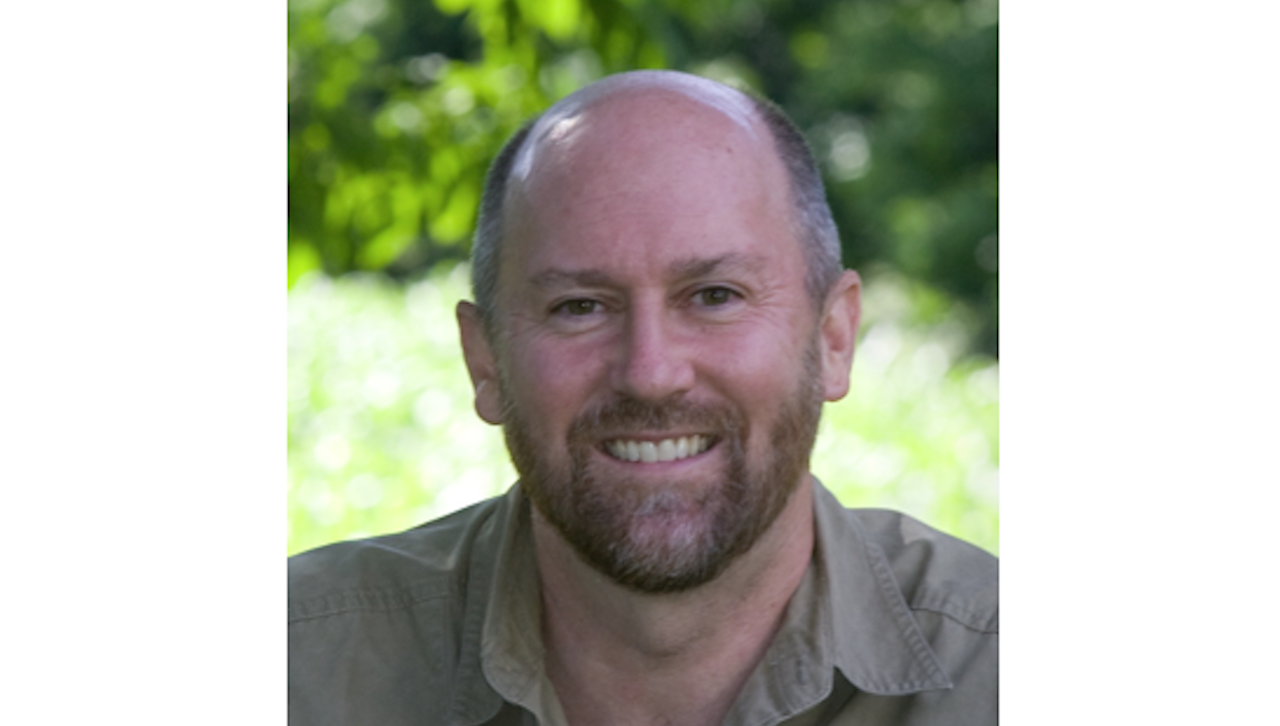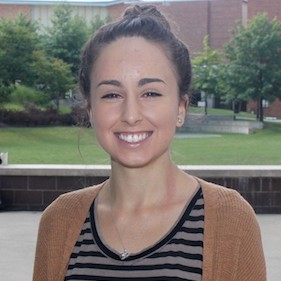Ways to Promote Innovation Discussed at Scranton

“Culture – it has to do with certain paradigmatic things, what your relationship is to the Earth, building spontaneous sociable experiences – these are all cultural attributes. It turns out that people with certain cultures are more open to doing things in a way that promotes innovation,” said Michael C. Fairbanks ’79, H’06, chairman of the board at Silver Creek Medicines and fellow at the Weatherhead Institute for International Affairs at Harvard University. He spoke at a November Schemel Forum Munley Law World Affairs Luncheon at The University of Scranton.
Fairbanks, who has done extensive work in Africa’s economic development as well as biotechnology, explored the concept of citizenship and cultural change in his lecture titled “Scholarship, Service and Integrative Thinking.”
“On the one hand a dear friend, an alumnus of the University, and a person who in a way changed my life by encouraging me to pursue my life’s work in Africa, Mike is a pioneer in promoting entrepreneurship that believes in promoting the culture of citizenship to live in harmony. He has been advising the President of Rwanda, as well as a dozen other presidents and prime ministers from around the world,” said Sondra Myers, director of the Schemel Forum.
Fairbanks discussed the five preconditions that are needed for a change in a country, a useful model that is the foundation for his book, “Plowing the Sea: Nurturing the Hidden Sources of Growth in the Developing World.”
“In order for a country to change, it needs a crisis. It’s a useful thing that can galvanize a response among people, and it’s critical for a transformation to take place. You also need a cultural receptivity for change – a heart and mind that are open to change,” said Fairbanks.
The author also discussed the need for new knowledge in developing countries, providing a moral purpose, and the necessity of adequate leaders.
“Entrepreneurs are born, not changed. We need people who are more generous, more concerned about the future than the past, and people who take more rational risks. These are the traits of an entrepreneur,” said Fairbanks.
Fairbanks has advised presidents in Latin America, the Caribbean, Eastern Europe and Asia on competitiveness and private sector development. Additionally, he has written for The New York Times, Washington Post, The Hill, Fox News and Huffington Post.
The lecture concluded with a question and answer session with the audience, where Fairbanks addressed lack of efficient leadership in our own country in addition to a need for philosophy.
The World Affairs Luncheon Seminar series is sponsored by Munley Law.







